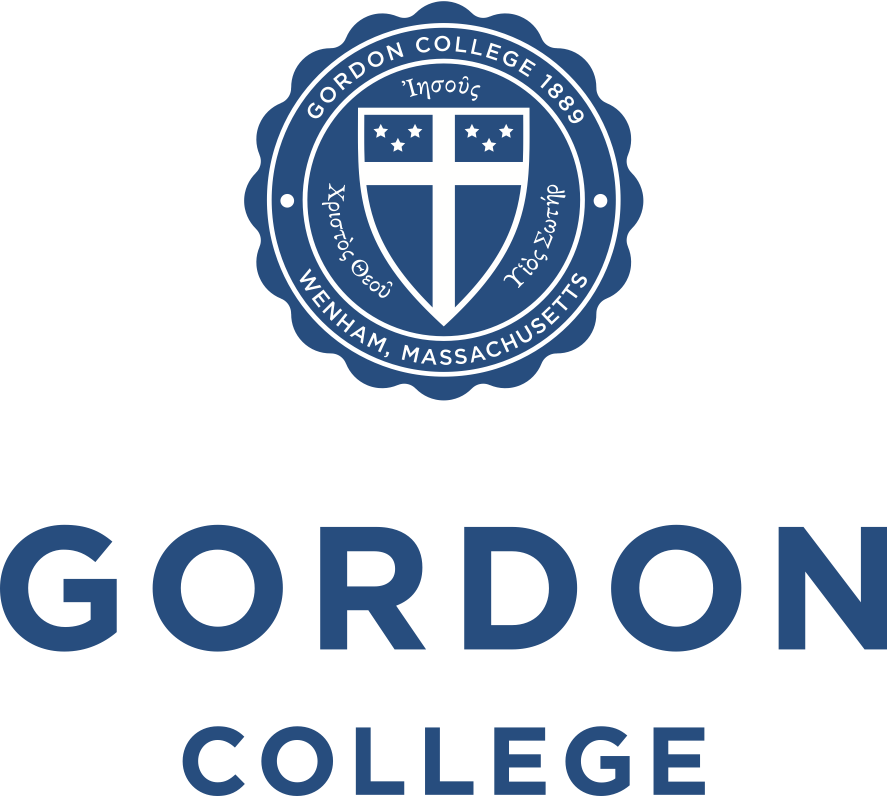- Come up with two functions \(f(x)\) and \(g(x)\) that both go to infinity as \(x\to\infty\), such that \(f(x)\) is always ahead of \(g(x)\), but \(f\) and \(g\) are asymptotic.
- Come up with two functions \(f(x)\) and \(g(x)\) that both go to infinity as \(x\to\infty\), but that switch the lead infinitely often and \(f\) and \(g\) are asymptotic.
- Show that the two limits in the prime number theorem are really equivalent. That is, show that if \(\lim \pi(x)/Li(x)=1\), then the other limit is 1, and vice versa.
- Find an arbitrarily long sequence of consecutive composite numbers. (Hint: factorials.)
- Come up with two functions \(f(x)\) and \(g(x)\) such that \(f(x)\) is \(O(g(x))\) and \(g(x)\) is \(O(f(x))\), but are not asymptotic.
- Use the piece of Chebyshev's theorem that we proved to show that \(\lim_{x\to\infty}\pi(x)/x=0\).
- Verify that if \(2\ln(n)\) is greater than \(\ln(2)(\ln(2)+\ln(n))\) and its derivative is too, then \(\frac{\ln(2)+1}{\ln(n)}<\frac{2}{\ln(2)+\ln(n)}=\frac{2}{\ln(2n)}\).
- Verify that the derivative of \(\frac{\ln(n)}{\ln(2n+1)}\) is positive for \(n>1000\).
